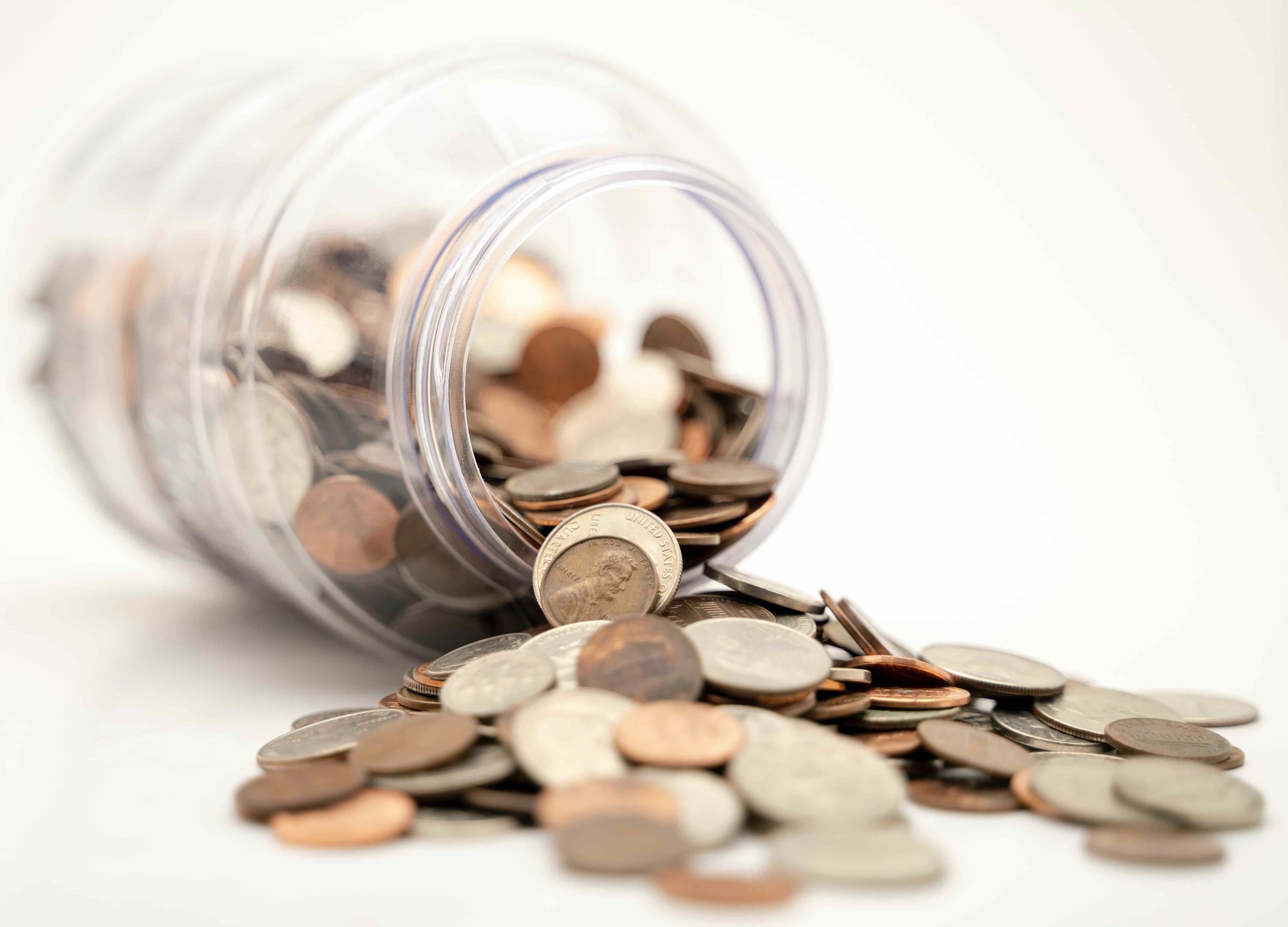What Exactly Is an Asset?
A resource with the economic worth that an individual, corporation, or country possesses or controls with the hope of future gain is referred to as an asset. Assets are bought or developed to raise a company's value or benefit its operations, and they are reported on the balance sheet. Whether it's manufacturing equipment or a patent, an asset can be looked at as something that can create cash flow, cut expenses, or increase sales in the future.

Important takeaways
- A resource with the economic worth that an individual, corporation, or country possesses or controls with the hope of future gain is referred to as an asset.
- Assets are bought or developed to raise a company's value or benefit its operations, and they are reported on the balance sheet.
- Whether it's manufacturing equipment or a patent, an asset can be looked at as something that can create cash flow, cut expenses, or increase sales in the future.
Assets: An Overview
An asset is a financial resource for a corporation or access that other persons or businesses do not have. A legal right or other access indicates that economic resources can be used at the discretion of a corporation, and their use can be prohibited or regulated by the owner.
A corporation must have a right to an asset as of the date of the financial statements in order for it to be present. An economic resource is something that is limited in supply and has the power to generate an economic gain by increasing or decreasing cash inflows or outflows.
Short-term (or current) assets, physical assets, financial investments, and intangible assets are all types of assets.
Check out this Northern Michigan Commerical Real Estate video
Assets of Different Types
Current Assets
Current assets are short-term economic resources that are expected to be converted into cash within one year. Current assets include cash and cash equivalents, accounts receivable, inventory, and various prepaid expenses.
While cash is easy to value, accountants periodically reassess the recoverability of inventory and accounts receivable. If there is evidence that accounts receivable might be uncollectible, it'll become impaired. Or if inventory becomes obsolete, companies may write off these assets.
Assets are recorded on companies' balance sheets based on the concept of historical cost, which represents the original cost of the asset, adjusted for any improvements or aging.
Fixed Assets
Fixed assets are long-term resources, such as plants, equipment, and buildings. An adjustment for the aging of fixed assets is made based on periodic charges called depreciation, which may or may not reflect the loss of earning powers for a fixed asset.
Generally accepted accounting principles (GAAP) allow depreciation under two broad methods. The straight-line method assumes that a fixed asset loses its value in proportion to its useful life, while the accelerated method assumes that the asset loses its value faster in its first years of use.
Financial Assets
Financial assets represent investments in the assets and securities of other institutions. Financial assets include stocks, sovereign and corporate bonds, preferred equity, and other hybrid securities. Financial assets are valued depending on how the investment is categorized and the motive behind it.
Intangible Assets
Intangible assets are economic resources that have no physical presence. They include patents, trademarks, copyrights, and goodwill. Accounting for intangible assets differs depending on the type of asset, and they can be either amortized or tested for impairment each year.
How can I tell if something is a valuable asset?

An asset is something that provides an individual or other entity with a current, future or potential economic advantage. As a result, an asset is anything that you own or that you owe to yourself. As a result, ten-dollar cash, a computer, a chair, or an automobile are all assets. If you owe someone money, that loan is also an asset because you owe the money (even though the loan is a liability for the one paying you back).
What about intangible assets?
You can't touch intangible assets, but they provide a financial value to someone. Intellectual property (for example, patents or trademarks), contractual obligations, royalties, and goodwill are all examples of this type of asset. Non-physical assets such as brand equity and reputation can be quite valuable. Stocks and derivatives contracts, for example, are intangible financial assets.
Is labor an Asset?
No. Human labor is defined as work for which people are compensated in the form of wages or salaries. Assets, which are called capital, are not the same as labor.
What distinguishes current assets from fixed (noncurrent) assets?
Companies will categorize their assets based on how long they will be used. Fixed assets, also known as noncurrent assets, are assets that are designed to be held for a longer period of time (at least one year) and are difficult to liquidate. As a result, fixed assets, unlike current assets, depreciate.
Continue Your Northern Michigan Real Estate Search
Explore homes and real estate in the Northern Michigan communities below or contact Brook Walsh to help you with your search.



Leave A Comment